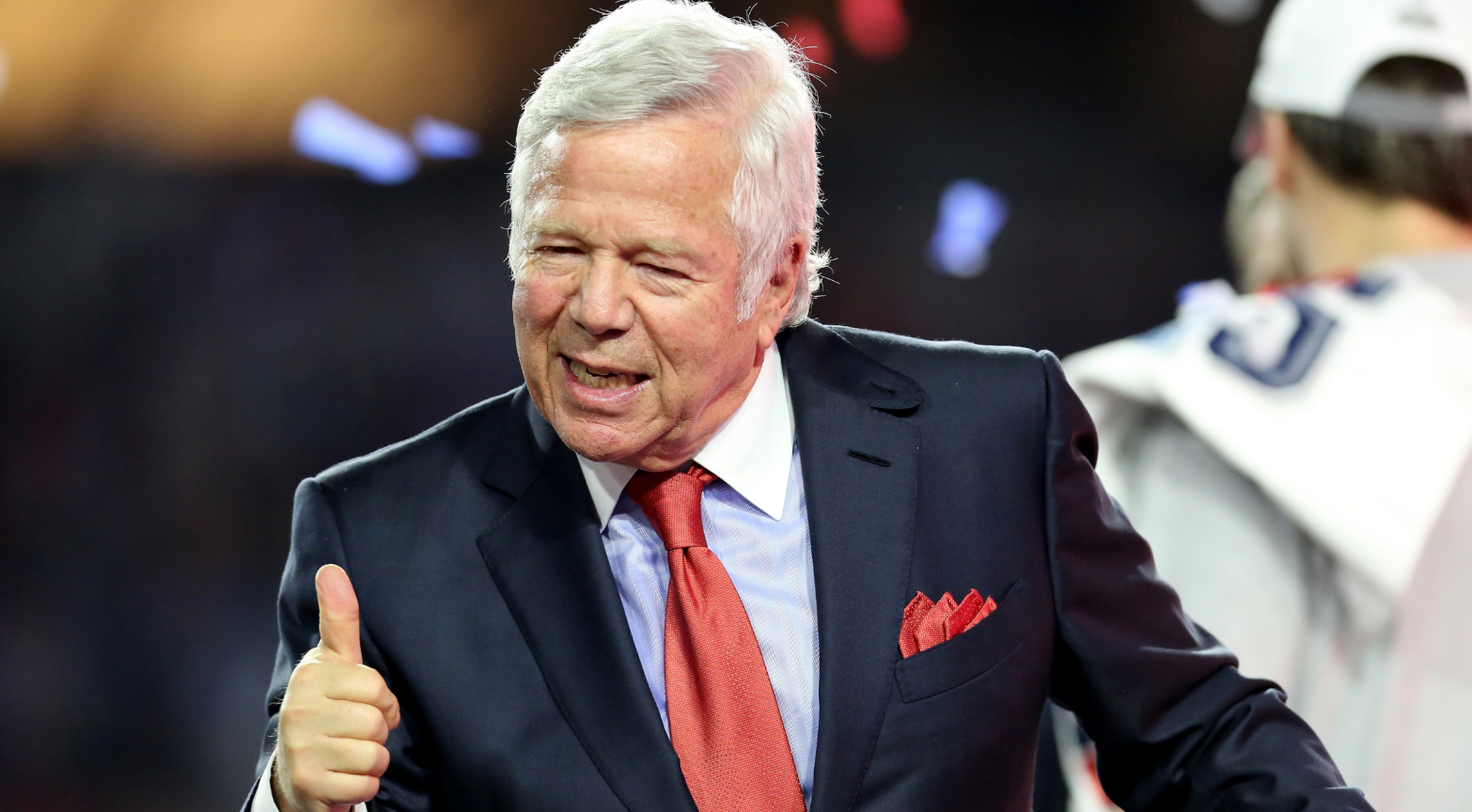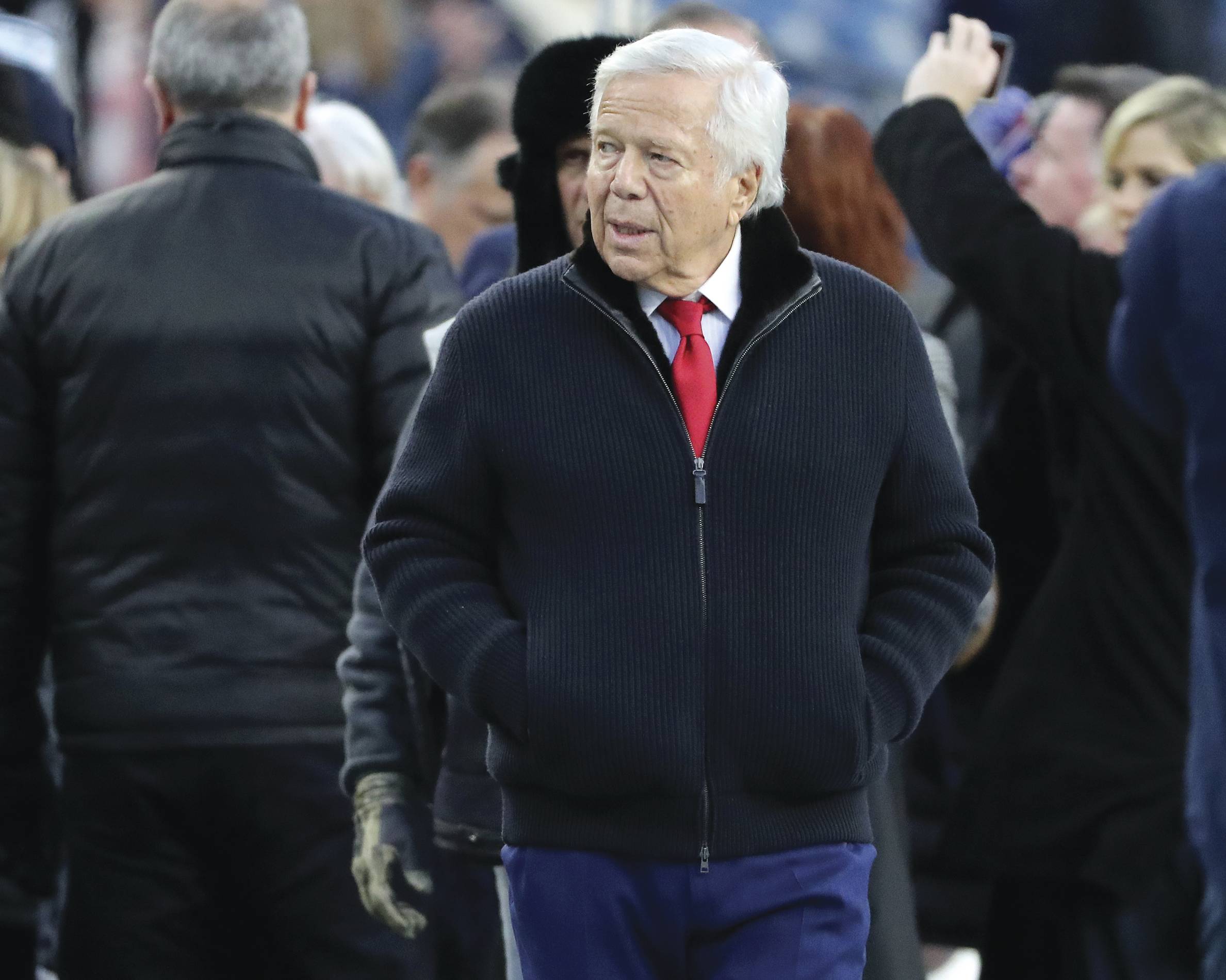The Kraft Foods Group is one of the most recognized names in the global food industry, and many people are curious about the owner of Kraft. Understanding the history and leadership behind Kraft provides valuable insight into the brand's success and evolution. In this article, we will explore the current ownership structure of Kraft, its history, and the factors that have contributed to its growth and influence in the food sector.
Kraft has been a household name for decades, and its products are enjoyed by millions around the world. From its humble beginnings to becoming a global powerhouse, the story of Kraft is a fascinating journey. In this article, we will delve into the details of who owns Kraft today, tracing its ownership history and examining the key figures involved in its current operations.
This article aims to provide a thorough understanding of Kraft's ownership dynamics, ensuring that readers gain a comprehensive view of the brand's leadership and its significance in the food industry. Whether you're a consumer, investor, or simply curious about the business side of food production, this article will serve as a valuable resource.
Read also:James And Oliver Phelps Films A Comprehensive Look Into Their Cinematic Journey
Table of Contents
- Ownership History of Kraft
- Current Owner of Kraft
- Biography of the Owner
- Kraft's Global Presence
- Key Milestones in Kraft's History
- Business Strategy of Kraft
- Financial Performance of Kraft
- Future Prospects and Growth Opportunities
- Impact on the Food Industry
- Conclusion
Ownership History of Kraft
The ownership of Kraft has undergone several transformations over the years. Originally founded in 1903 by James L. Kraft, the company started as a cheese delivery service in Chicago. Over time, Kraft expanded its product line and became a leader in processed cheese. In 1923, the company officially became Kraft Foods.
Throughout its history, Kraft has been acquired and merged with other major corporations. One significant event occurred in 2000 when Kraft was acquired by Philip Morris, later renamed Altria Group. This marked the beginning of a new era for Kraft, as it became part of a larger conglomerate. In 2007, Kraft spun off from Altria, becoming an independent company once again.
In 2015, Kraft merged with Heinz, forming a new entity called Kraft Heinz Company. This merger was facilitated by Berkshire Hathaway and 3G Capital, marking a pivotal moment in Kraft's ownership history. The new company became one of the largest food producers in the world, with a strong focus on innovation and cost efficiency.
Key Players in Ownership Changes
- James L. Kraft – Founder of Kraft
- Philip Morris (Altria Group) – Acquired Kraft in 2000
- Berkshire Hathaway – Partner in Kraft Heinz merger
- 3G Capital – Strategic partner in the merger
Current Owner of Kraft
The current owner of Kraft is the Kraft Heinz Company, a global food giant that resulted from the 2015 merger between Kraft Foods Group and Heinz. Berkshire Hathaway and 3G Capital are the primary investors behind this merger, with Warren Buffett's Berkshire Hathaway holding a significant stake in the company.
Warren Buffett, one of the most renowned investors in the world, has played a crucial role in shaping the direction of Kraft Heinz. His involvement has brought financial stability and strategic vision to the company, ensuring its continued growth and success in the competitive food industry.
Ownership Structure
- Kraft Heinz Company – Parent company
- Berkshire Hathaway – Major shareholder
- 3G Capital – Strategic partner
Biography of the Owner
Warren Buffett: The Visionary Behind Kraft Heinz
Warren Buffett, the chairman and CEO of Berkshire Hathaway, is one of the most influential figures in the ownership of Kraft. Known as the "Oracle of Omaha," Buffett has been a prominent investor for over six decades. His investment philosophy, centered on long-term value and disciplined decision-making, has made him one of the wealthiest individuals in the world.
Read also:Elon Musks Children Names A Comprehensive Guide
Born on August 30, 1930, in Omaha, Nebraska, Buffett displayed an early interest in finance and entrepreneurship. He graduated from the University of Pennsylvania's Wharton School of Business and later earned a master's degree in economics from Columbia University. Buffett's career began in the 1950s, and he eventually founded Berkshire Hathaway in 1965.
Data and Biodata of Warren Buffett
| Full Name | Warren Edward Buffett |
|---|---|
| Date of Birth | August 30, 1930 |
| Place of Birth | Omaha, Nebraska, USA |
| Occupation | Investor, Businessman, Philanthropist |
| Net Worth (2023) | Approximately $110 billion |
Kraft's Global Presence
Kraft Heinz operates in more than 190 countries worldwide, making it one of the largest food companies globally. The company's product portfolio includes iconic brands such as Oscar Mayer, Jell-O, Philadelphia, and Maxwell House. Kraft's commitment to innovation and quality has enabled it to maintain a strong presence in both developed and emerging markets.
In recent years, Kraft Heinz has focused on expanding its reach in Asia, Latin America, and Europe. The company has also invested in sustainable practices, aiming to reduce its environmental impact while meeting consumer demand for healthier food options.
Key Markets
- North America – Largest market for Kraft
- Europe – Strong presence with brands like Philadelphia
- Asia-Pacific – Rapidly growing market
Key Milestones in Kraft's History
Kraft's journey from a small cheese delivery service to a global food giant is marked by several key milestones:
- 1903 – James L. Kraft starts a cheese delivery business in Chicago
- 1923 – Kraft Foods is officially established
- 2000 – Kraft is acquired by Philip Morris (Altria Group)
- 2007 – Kraft spins off from Altria as an independent company
- 2015 – Kraft merges with Heinz to form Kraft Heinz Company
Business Strategy of Kraft
Kraft Heinz's business strategy focuses on innovation, cost efficiency, and brand expansion. The company invests heavily in research and development to create new products that meet changing consumer preferences. Additionally, Kraft Heinz emphasizes operational excellence, leveraging technology and automation to streamline its supply chain and manufacturing processes.
Under the leadership of Warren Buffett and 3G Capital, Kraft Heinz has adopted a lean management approach, reducing costs while maintaining product quality. This strategy has allowed the company to remain competitive in a rapidly evolving food industry.
Core Components of the Strategy
- Innovation in product development
- Operational efficiency through technology
- Brand diversification and expansion
Financial Performance of Kraft
Kraft Heinz has consistently demonstrated strong financial performance, with revenues exceeding $25 billion annually. The company's profitability is driven by its diverse product portfolio and strategic cost management. In recent years, Kraft Heinz has faced challenges related to changing consumer preferences and increased competition, but its leadership remains committed to addressing these issues through innovation and adaptation.
According to data from Statista, Kraft Heinz's net income has remained stable, with a focus on long-term growth and sustainability. The company's financial strength is further bolstered by its partnership with Berkshire Hathaway, which provides access to capital and strategic expertise.
Future Prospects and Growth Opportunities
The future of Kraft Heinz looks promising, with numerous growth opportunities on the horizon. The company plans to expand its presence in emerging markets, particularly in Asia and Latin America, where demand for packaged food is increasing. Additionally, Kraft Heinz is investing in plant-based and healthier food options to cater to evolving consumer preferences.
Technological advancements, such as automation and artificial intelligence, will play a critical role in Kraft Heinz's future operations. By leveraging these technologies, the company aims to enhance efficiency, reduce costs, and improve product quality. Sustainability remains a key focus, with Kraft Heinz committed to reducing its carbon footprint and promoting environmentally friendly practices.
Impact on the Food Industry
Kraft Heinz has had a profound impact on the global food industry, setting standards for quality, innovation, and operational efficiency. The company's emphasis on lean management and cost reduction has influenced other players in the industry, encouraging them to adopt similar practices.
Furthermore, Kraft Heinz's commitment to sustainability and healthier food options reflects broader trends in the food industry. As consumers become more conscious of their health and the environment, companies like Kraft Heinz are responding by offering products that align with these values. This approach not only benefits consumers but also enhances the company's reputation and market position.
Conclusion
In conclusion, the owner of Kraft, Warren Buffett and the Kraft Heinz Company, represents a powerful combination of financial expertise and operational excellence. Through strategic partnerships and innovative approaches, Kraft Heinz has maintained its position as a leader in the global food industry. Understanding the ownership history, business strategy, and future prospects of Kraft provides valuable insights into the company's success and its significance in the food sector.
We invite you to share your thoughts and questions in the comments section below. Additionally, feel free to explore other articles on our website for more information about the food industry and related topics. Your feedback and engagement are essential to helping us provide the best content possible.


